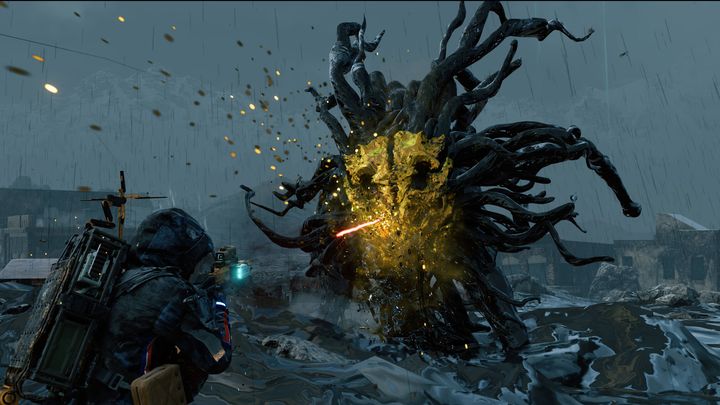CPU With More Than 8 Cores Helps in New Games - Here's Proof
One Twitter user checked how additional cores and threads affect performance in the PC version of Death Stranding. It turns out that performance gains are noticeable even when changing from 16-thread model.

IN A NUTSHELL:
- A CPU supporting 20 or 24 threads offers noticeably better performance in Death Stranding than an eight- or twelve-thread model;
- The minimum number of fps oscillates around 144-165, which is crucial to achieve perfect smoothness on a monitor with high refresh rate.
Twitter user CapFrameX decided to check how the number of supported cores and threads affects the performance of the PC version of Death Stranding. The results may be surprising for some. Hideo Kojima's game runs the smoother the more cores we give it, and - contrary to the stereotype suggesting that investing in a top processor makes no sense in gaming - the performance gains do not end with eight cores.
The test machine was a PC with Intel Core i9-10920X processor (clocked at 4.6 GHz) and Nvidia GeForce RTX 2080 Ti GPU. The cores were manually turned off before each subsequent test. The game was run at 1080p resolution, which may seem pointless with such a powerful configuration, but the idea was to create a situation where the CPU would be the limiting factor.
Note the 1% and 0.2% values, which represent the lowest recorded number of fps. In the case of 20 and 24 threads, the numbers are closer to 144 or 165, which means that by using this configuration we can achieve almost perfect smoothness on a monitor with high refresh rate (and enabling G-Sync or Freesync with LFC - Low Framerate Compensation - will certainly eliminate the few stutters that remain).
Some people prefer this kind of gaming - they prefer high fluidity in 1080p or 1440p to 4K resolution. A top-of-the-line multithreaded CPU combined with the game's DLSS technology enables us to enjoy 144 or 165 frames per second of animation even in a game as demanding as Death Stranding. Another thing is that Hideo Kojima's work is not necessarily a title to reward such an approach (there's no fast, dynamic action where precision is crucial).
- Death Stranding - game guide
- Death Stranding Review – A Long Walk with Kojima
- Death Stranding - official website
0
Latest News
- End of remote work and 60 hours a week. Demo of Naughty Dog's new game was born amid a crunch atmosphere
- She's the new Lara Croft, but she still lives in fear. Trauma after Perfect Dark changed the actress' approach to the industry
- „A lot has become lost in translation.” Swen Vincke suggests that the scandal surrounding Divinity is a big misunderstanding
- Stuck in development limbo for years, ARK 2 is now planned for 2028
- Few people know about it, but it's an RPG mixing Dark Souls and NieR that has received excellent reviews on Steam, and its first DLC will be released soon


